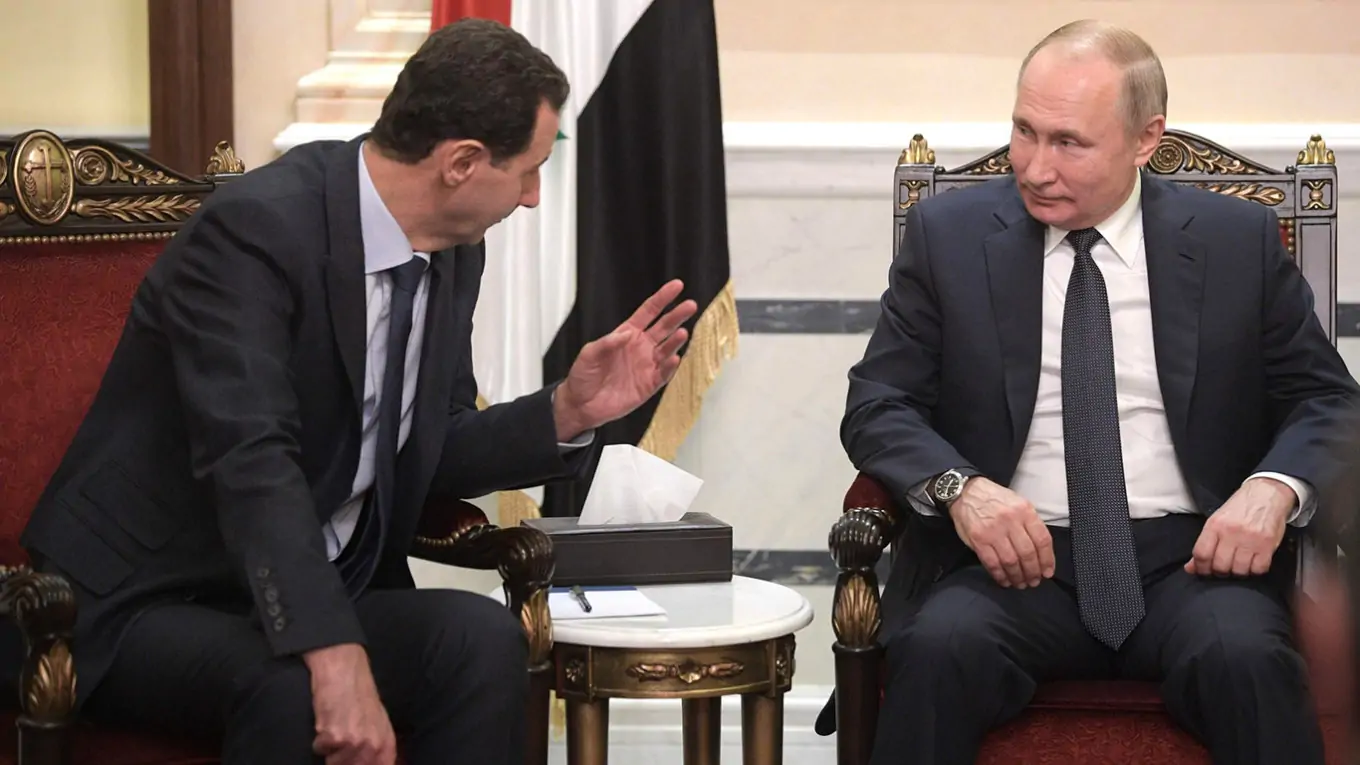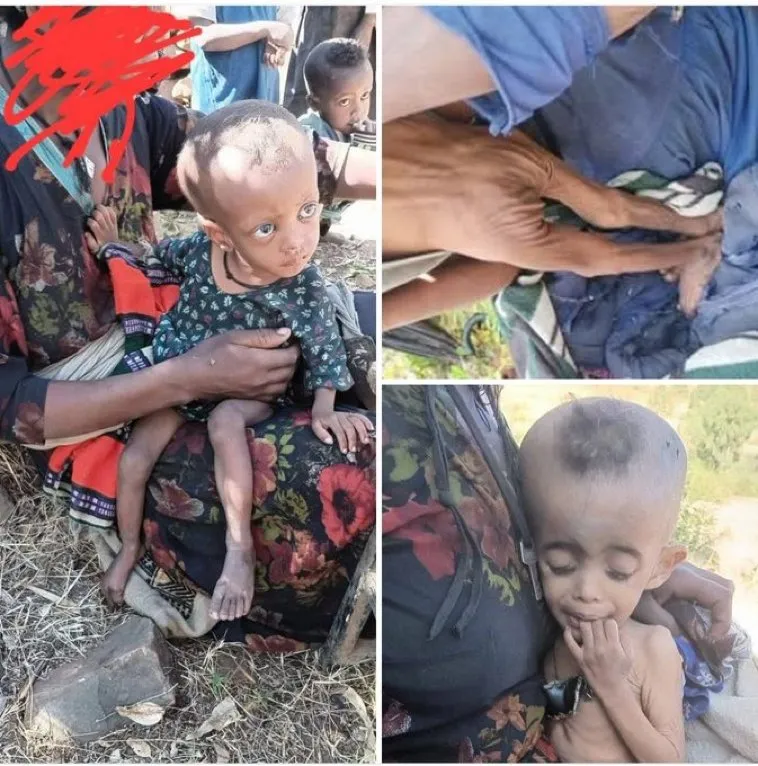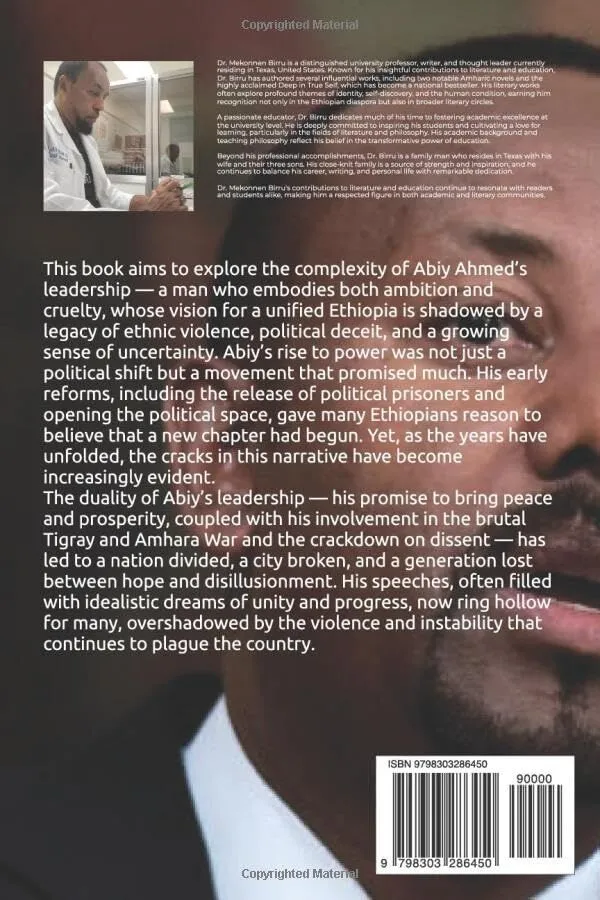 NEW YORK, 11 December 2020 –In Sudan, nearly 50,000 people are currently seeking refuge—primarily in Gedaref and Kassala states. UNICEF and partners are working closely with the transitional government to rapidly respond to the increasingly complex needs of refugees and the communities that host them. An estimated 22,000 children have made the arduous and often traumatic journey to the border and now face mounting uncertainty for their future. Responders face numerous challenges in a country already beset by humanitarian needs, sorely lacking structural capacity and still recovering from a devastating flood season. Significant mobilization of resources is required to help the war-affected, Ethiopian refugees.
NEW YORK, 11 December 2020 –In Sudan, nearly 50,000 people are currently seeking refuge—primarily in Gedaref and Kassala states. UNICEF and partners are working closely with the transitional government to rapidly respond to the increasingly complex needs of refugees and the communities that host them. An estimated 22,000 children have made the arduous and often traumatic journey to the border and now face mounting uncertainty for their future. Responders face numerous challenges in a country already beset by humanitarian needs, sorely lacking structural capacity and still recovering from a devastating flood season. Significant mobilization of resources is required to help the war-affected, Ethiopian refugees.
The most urgent needs are clean water and sanitation for camps and border points where people have gathered, and child protection and gender-based violence services for the most vulnerable and at-risk refugees. As the crisis prolongs, health & nutrition services are becoming critical and education in emergencies services are vital to ensure the continuity of learning, a semblance of normalcy and safe spaces for children to be children.
To date, UNICEF has provided clean water for 21,500 people; safe sanitation facilities for 12,700 people; 228 unaccompanied and separated children have so far been identified for referrals and more than 8,200 children under five have been screened for malnutrition at border entry points. In addition, UNICEF and the Ministry of Health have begun screening refugee children for inclusion in a nationwide polio immunization campaign.
In line with the latest inter-agency response plan for Sudan, UNICEF is appealing for US $20.4M to reach 100,000 people within the first six months. This includes:
- WASH: US$13.4 million to provide safe drinking water, sanitation facilities and hygiene kits.
- Health: US$2.7 million to provide primary healthcare services, vaccinations and COVID-19 prevention.
- Child Protection: US$1.3 million to provide child protection and psychosocial support services, establish child-friendly spaces, respond to gender-based violence, and support family tracing and reunification.
- Nutrition: US$1.1 million to provide malnutrition screenings and treatment for children under 5, vitamin and micronutrient supplementation and infant and young child feeding (IYCF) counselling.















